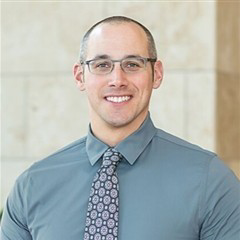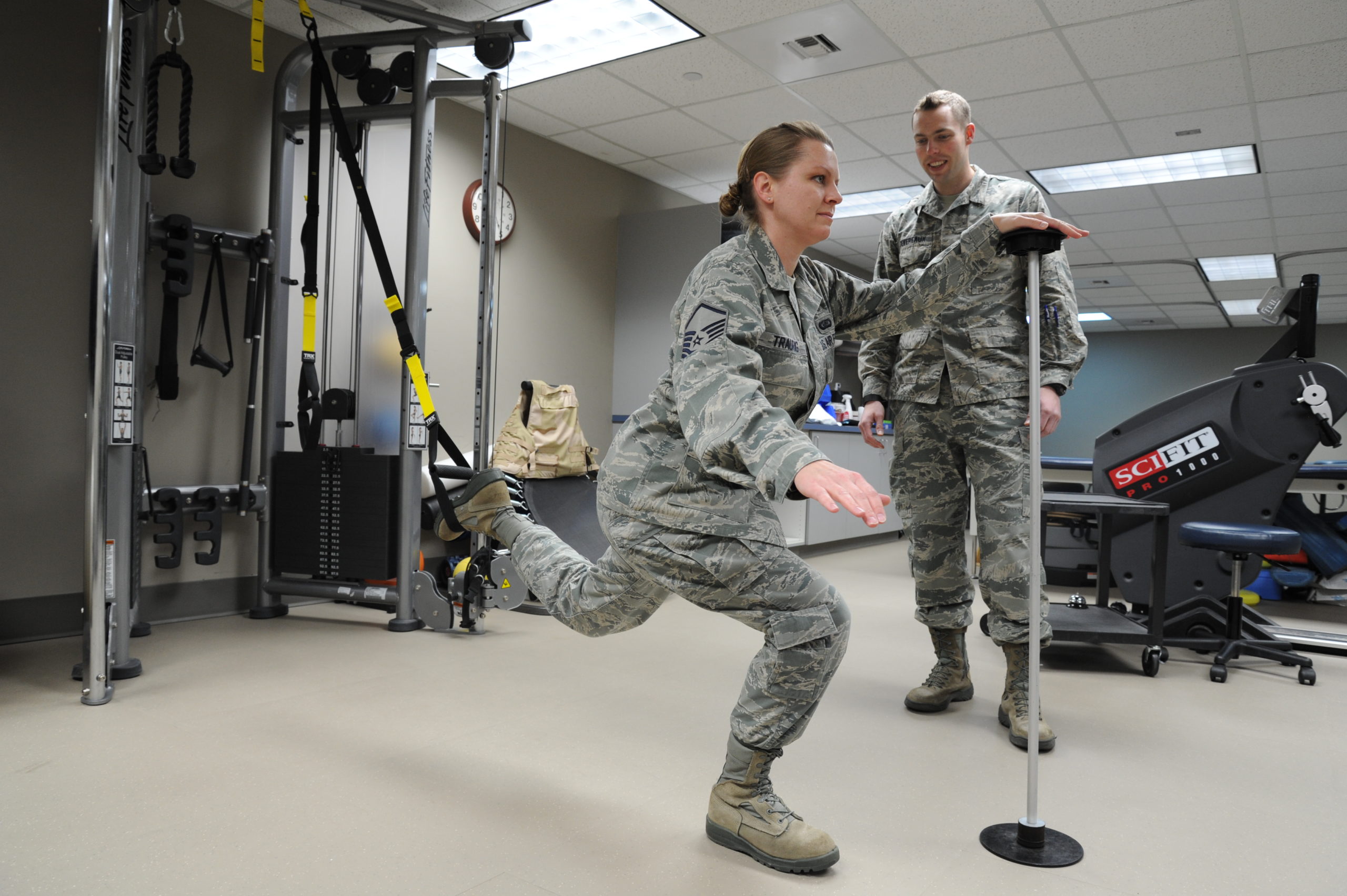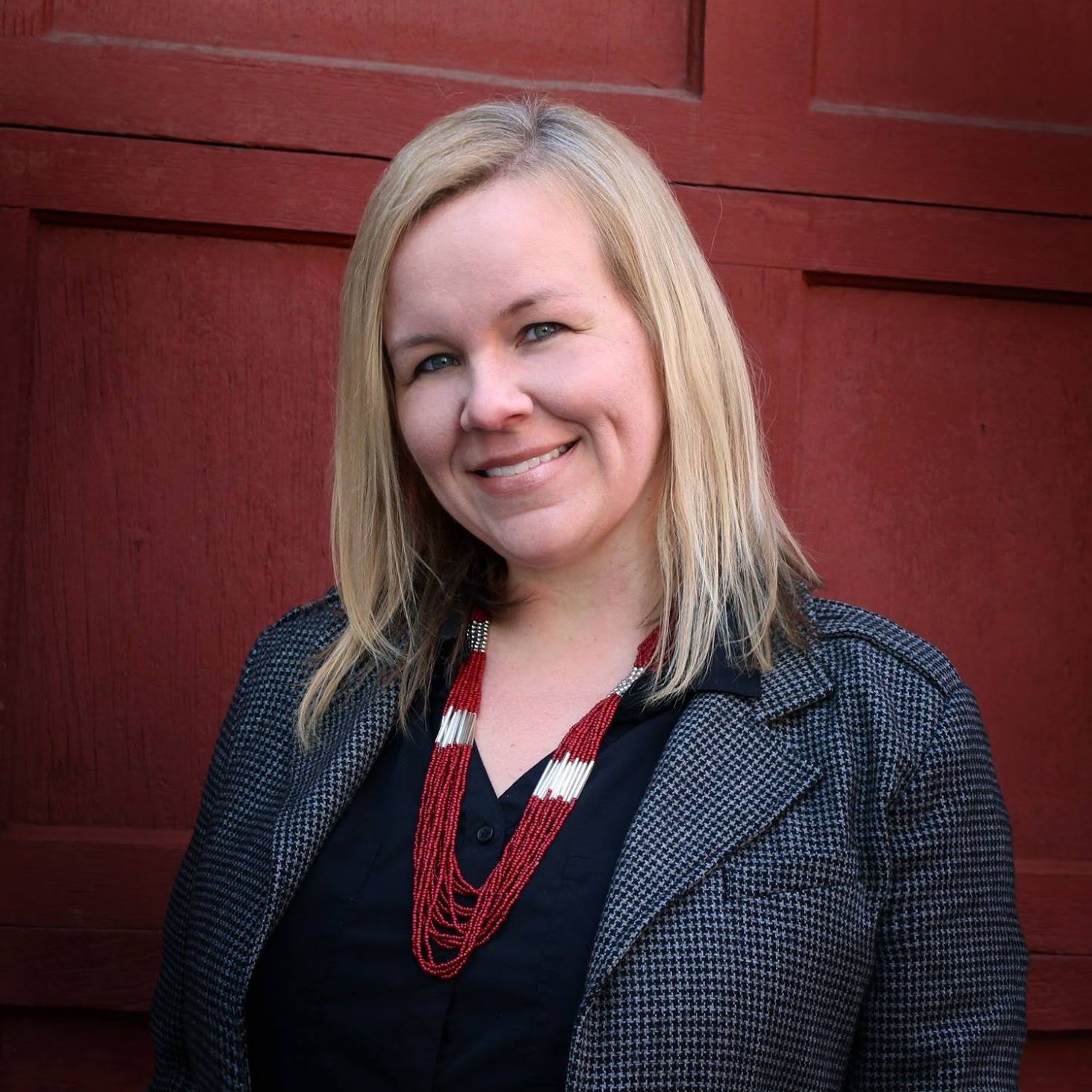15 January 2021
Geneva Principal Investigator Dr. Brad Isaacson Reflects on Past Year of MIRROR Accomplishments
In 2019, Geneva launched MIRROR, a new musculoskeletal organization to emphasize military readiness and resiliency with Dr. Isaacson leading research and operations.
Building an organization to address the impact of musculoskeletal injuries (MSI) on U.S. military service members is no small feat. With more than 800,000 military personnel affected annually by MSI, resulting in 25 million days of limited duty, these hardships are exceedingly common and jeopardize the military’s readiness and resilience. Dr. Brad Isaacson and his team are working to address these challenges by assembling critical infrastructure, operational, and research support to advance treatment and preventative care related to MSI.
The Musculoskeletal Injury Rehabilitation Research for Operational Readiness (MIRROR) program was started in 2019 after receiving a $15 million grant from the Defense Health Agency. MIRROR is based in the Uniformed Services University’s (USU) Department of Physical Medicine & Rehabilitation, and is led by Director ret. Army Lt. Col. (Dr.) Nelson Hager, and Executive Director ret. Army Col. (Dr.) Paul Pasquina. Dr. Isaacson serves in a critical role as a Principal Investigator with Geneva, is the Chief of Research & Operations for MIRROR, and the Scientific Director for the USU Center for Rehabilitation Sciences Research (CRSR).

“A wise professor once told me, know what you don’t know,” said Dr. Isaacson. “MSI injuries are on the rise, but why? The challenge is that peer-reviewed literature only shows us snapshots in time, and it is difficult to evaluate longitudinal data and trends. Research within MIRROR spans the full continuum and we perform epidemiological studies, investigator-initiated projects, multicentered clinical trials, etc. to get the root of these issues and work with our partners to create new care protocols to resolve them.”
Collaborating from New Jersey to Washington State
“Picking the right strategic partners is key to making an organization like MIRROR work,” said Dr. Isaacson. “Last year, we formed a top-notch steering committee, and this year we focused on adding the right investigators to grow the program.”
MIRROR coordinates interservice partnerships with primary military treatment facilities (MTFs) and other sites that experience a high volume of MSI, but lack the infrastructure to conduct rigorous clinical studies. Currently, MIRROR is partnered with 15 MTFs and counts 11 civilian organizations.
“The scale and spread of MIRROR are very unique,” added Dr. Isaacson.
Research Outcomes
MIRROR is delivering high-value research, education, training, and infrastructure for over 40 clinically relevant MSI studies within the military health system (MHS), supporting a broad scope of projects. Results of these studies generate evidence-based approaches for future clinical practice guidelines as well as educational opportunities for future military and civilian providers.
In October 2020, MIRROR announced that 1,000 patients had been enrolled across five studies. “To accomplish this even without a pandemic happening is a milestone,“ said Dr. Isaacson.
The COVID-19 pandemic created a new set of research challenges but there have been opportunities to showcase the MIRROR team’s expertise. For example, MIRROR Investigator Dr. Steve Cohen and colleagues were tapped to provide best pain management practices for clinicians during the COVID-19 pandemic. Recommendations from Dr. Cohen and the international panel of experts were published in the July 2020 issue of Pain Medicine as the cover page.
While the importance of telemedicine grew in response to COVID-19, the work to build a mobile device tele-rehabilitation platform was already underway before the pandemic. “The average Veteran lives approximately 54 miles from the nearest VA hospital. We need to get physical therapy to those who need it without geographical limitations,” said Dr. Isaacson.
Geneva, in collaboration with the University of Miami, Department of Veterans Affairs (VA), and Department of Defense (DoD), held the first Mobile Device Outcomes-based Rehabilitation Program (MDORP) Expansion Initiative Advisory Board meeting to grow the nationwide tele-rehabilitation platform with five VA hospitals participating. During that meeting, the MDORP development team showcased Rehabilitative Lower-limb Orthopedic Accommodating-feedback Device (ReLOAD), a mobile application that uses small sensors in a knee sleeve worn by a Service Member or Veteran at home during daily walking or exercise to improve their walkability.
The information obtained from this application will be used by clinicians to promote continuity of care from the DoD and VA facilities nationwide and at home. Dr. Isaacson said, “This initiative will have a profound impact on the field of telemedicine.”
Tri-Service Streamlined Protocols
“One of the greatest challenges for improving patient safety is determining how to implement evidence-based care and deploy it uniformly across hospitals and clinics,” said Dr. Isaacson. “MIRROR wants to understand holistically in a standardized way.”
In January 2020, MIRROR held the first Post-Operative Rehabilitation Protocol Consensus Meeting for the Tri-Service to streamline guidelines for rehabilitative care, directed at reaching a unified strategy across the military. The deliberations of the event resulted in 11 high-value postoperative protocols available to download for free on https://mirrorusuhs.org/.
“The rapid turnaround of these important guidelines in just four months highlights the impact of the MIRROR program. Our amazing network of senior subject matter experts moved the needle for musculoskeletal care in such a short time frame,” said Dr. Isaacson.
Dr. Isaacson and the MIRROR team published a case study titled, “Standardizing Postoperative Rehabilitation Protocols for the Tri-Service: A Consensus Meeting Hosted by the Musculoskeletal Injury Rehabilitation Research for Operational Readiness Organization” in Military Medicine September 2020.
Looking Ahead
Dr. Isaacson is focused on delivering high-value projects and he hopes that MIRROR will ultimately become an official USU center with recognition from Congress over the next few years.
In the short term, Dr. Isaacson is energized by new technology and strategic partnerships with companies that have complementary strengths. One of those collaborations is with the Wellman Center, which works with MIRROR to deliver photomedicine and light therapy for rehabilitation treatment.
The MIRROR team is also building additional core infrastructure to close critical care injury/pain gaps, evaluate novel imaging modalities, and establish a new orthopedic vertical within MIRROR.
“If we can get to injury prevention, that is the goal,” said Dr. Isaacson. “I’m excited to see who we can work with in the future to make this happen.”
Interested in partnering with MIRROR? Contact Dr. Brad Isaacson.
Disclaimer: The views expressed do not reflect the official policy of the Army, the Department of Defense, or the U.S. Government.

“Picking the right strategic partners is key to making an organization like MIRROR work.”
Dr. Brad Isaacson
HIGHLIGHTS
- MIRROR coordinates interservice partnerships with primary military treatment facilities (MTFs) and other sites that experience a high volume of MSI, but lack the infrastructure to conduct rigorous clinical studies.
- Results of these studies generate evidence-based approaches for future clinical practice guidelines as well as educational opportunities for future military and civilian providers.
- Dr. Isaacson is energized by new technology and strategic partnerships with companies that have complementary strengths.


